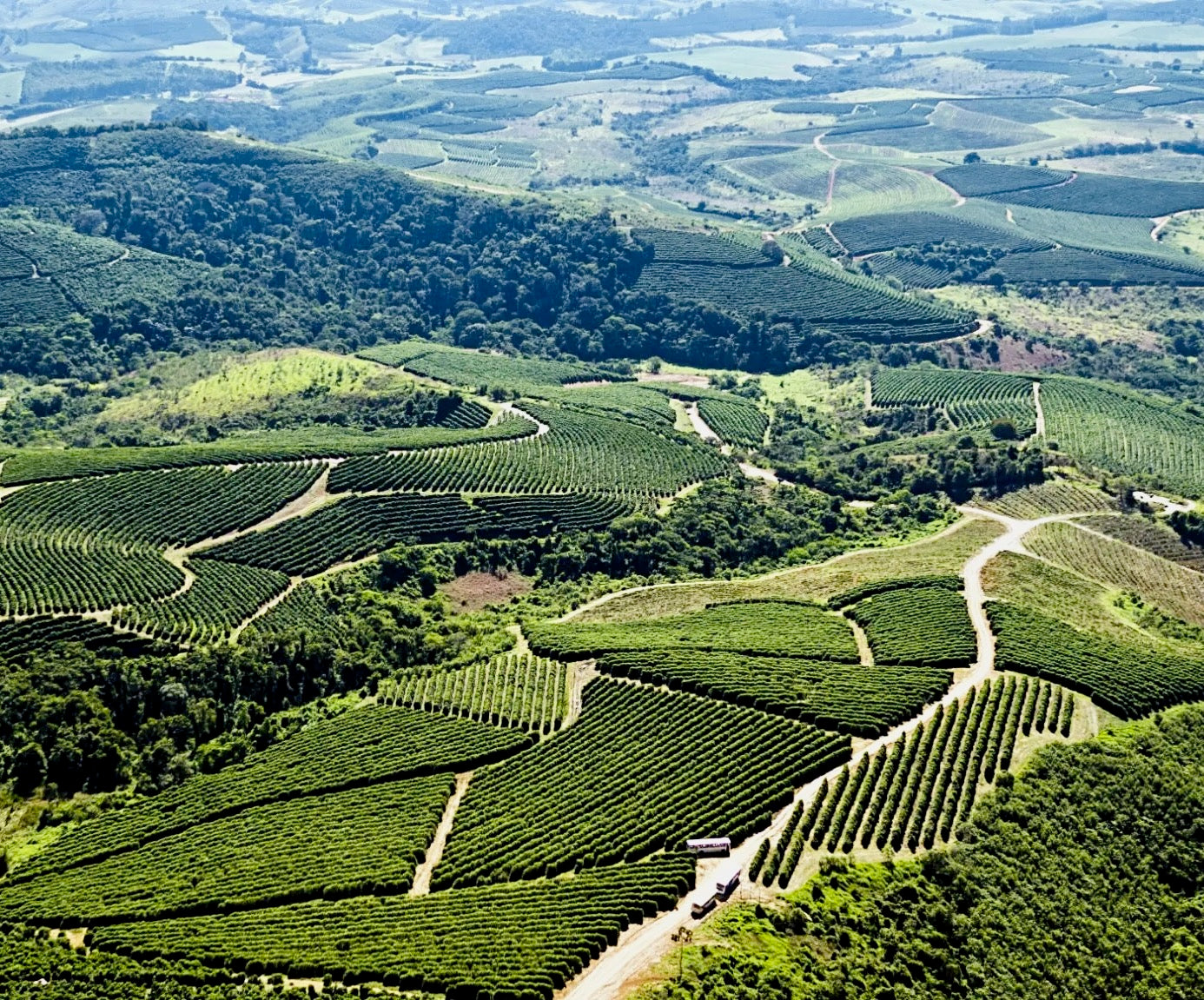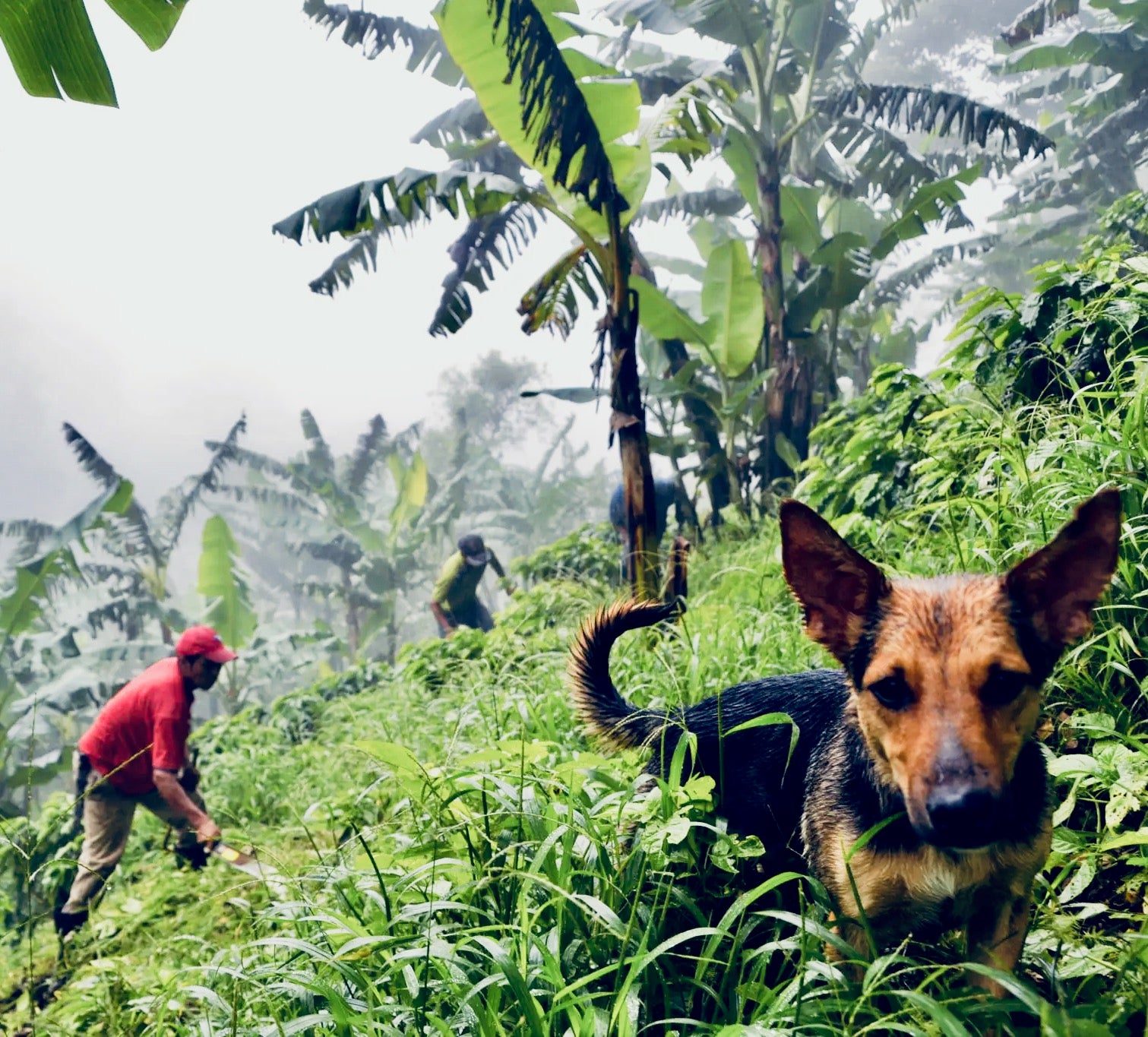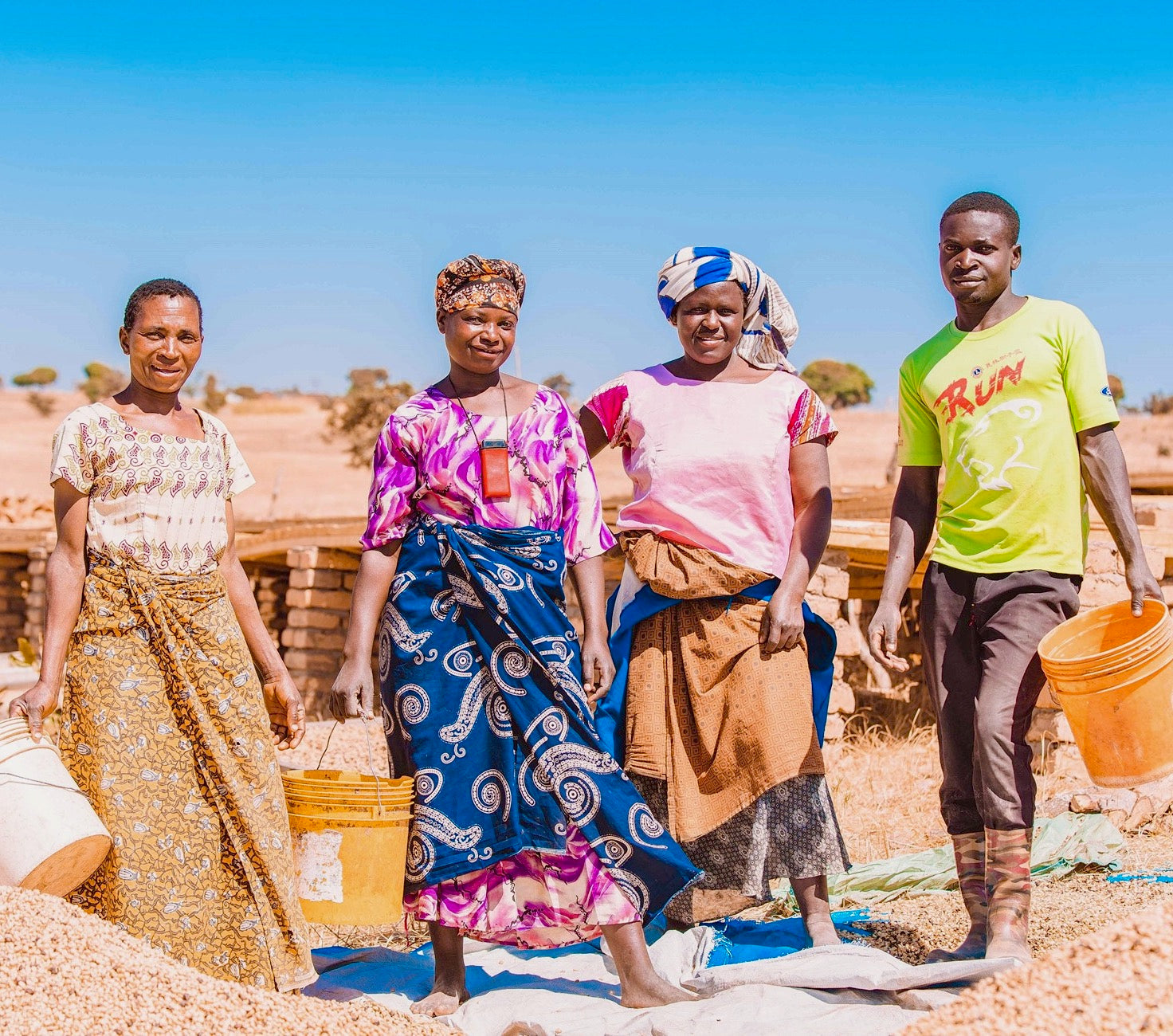Free UK shipping on all orders £18 and over
Clyde Steamer Espresso Blend
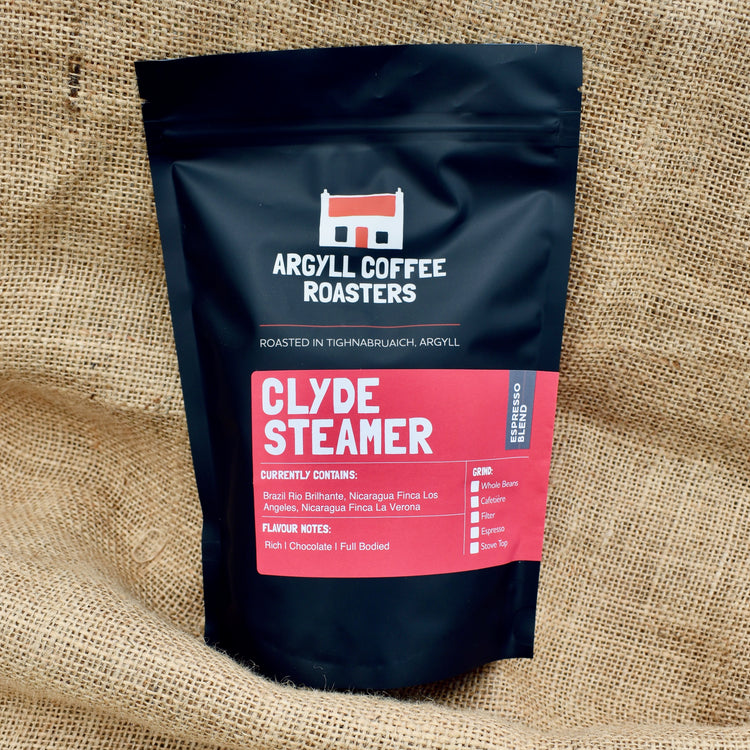
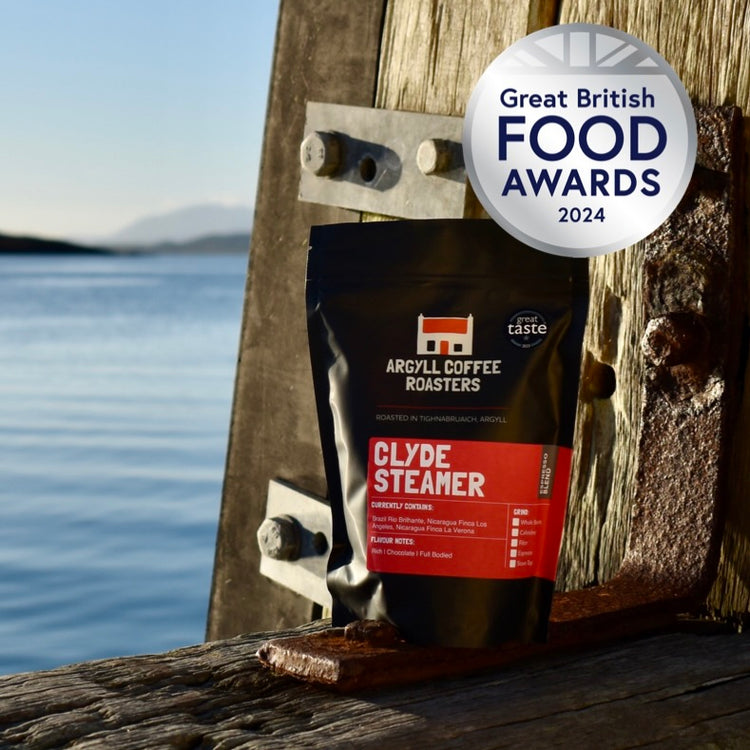




Clyde Steamer Espresso Blend
Our award-winning house espresso blend delivers a full-bodied coffee with bags of character. This blend is seasonally changing, but always delivers rich chocolate and nutty flavours.
Couldn't load pickup availability
Product variants:
Select grind: (Need help? View Grind guide)
Description
Brazil Rio Brilhante
Farm:
Rio Brilhante
Processing:
Natural
Owner:
Inacio Carlos Urban
Region:
Cerrado
Varietal(s):
Acaia, Catuai
Altitude:
1,050 metres above sea level
Town:
Coromandel
Nicaragua Finca La Verona Marsellesa
Farm:
Finca La Verona
Processing:
Natural
Owner:
Maria Felicitas Mairena
Region:
Matagalpa
Varietal(s):
Marsellesa
Altitude:
1,150 metres above sea level
Town:
Natural Reserve El Arenal, Cordillera Isabelia
Mexico Finca Guadalupe Zaju
Farm:
Finca Guadalupe Zaju
Processing:
Washed
Owner:
Teddy Esteve & Family
Region:
Chiapas
Varietal(s):
Marsellesa, Hybrids, Starmaya
Altitude:
900 to 1,400 metres above sea level
Town:
Toquian Grande & Pavencul, Soconusco Region

